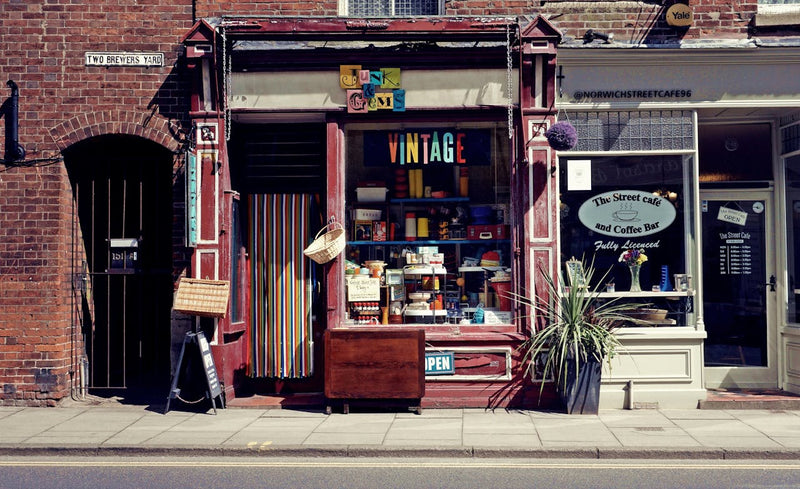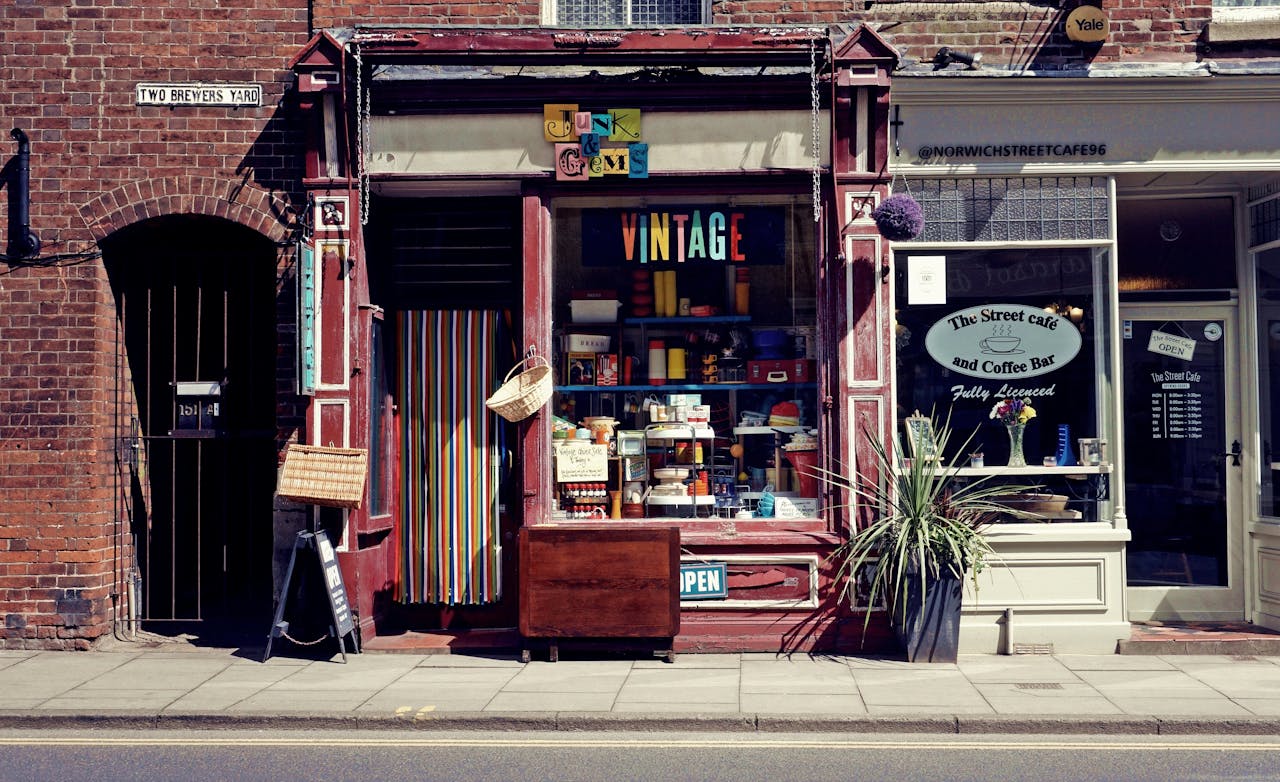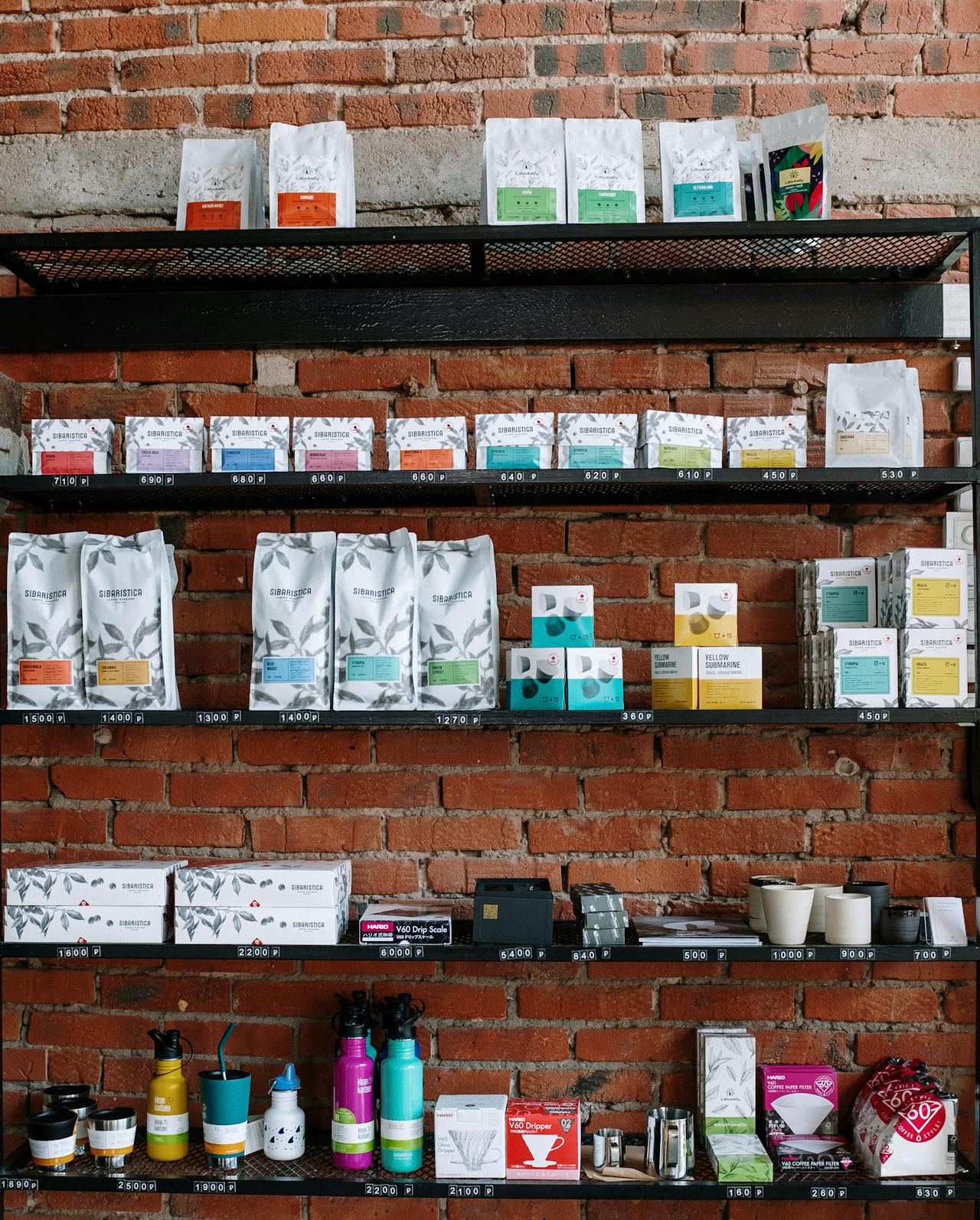A couple of years ago, I wandered into a small market in my hometown and stumbled upon a booth with the most stunning hand-carved wooden bowls. The artisan, a quiet guy named Tom, told me how he’d learned the craft from his grandfather and spent hours shaping each piece from locally sourced maple. I bought a bowl, not just because it was beautiful, but because I felt a connection to his story. That purchase stuck with me—it wasn’t just a bowl; it was a piece of someone’s passion, a nod to tradition, and a small act that felt like it meant something bigger. That’s the magic of supporting local artisans, and today, I want to share why it’s so impactful and how it creates ripples that touch more than just your home decor.
When you choose to buy from local artisans—those skilled makers crafting everything from jewelry to furniture right here in the USA—you’re doing more than picking up a one-of-a-kind item. You’re investing in people, communities, and a way of life. Let’s dive into the benefits and the far-reaching effects of keeping it local, with no fluff—just the real, human impact.
Keeping Dollars in the Community
When you buy a hand-knitted scarf or a custom leather wallet from a local artisan, your money stays close to home. Unlike mass-produced goods, where profits often go to corporate headquarters halfway across the globe, artisan purchases directly support the maker and their local economy. Studies show that for every dollar spent at a local business, about 68 cents stays in the community, funding jobs, schools, and public services. That’s compared to just 43 cents for big-box retailers.
Take my friend, who started buying her candles from a local maker instead of a chain store. She noticed the difference—not just in the quality (those soy candles smelled amazing) but in how the maker used her profits to hire a part-time assistant from the neighborhood. That one choice helped a small business grow and gave someone local a job. It’s not just a transaction; it’s a cycle of support that keeps communities thriving.
Preserving Craftsmanship and Tradition
Local artisans are often the keepers of time-honored skills—think pottery, woodworking, or textile weaving passed down through generations. When you buy their work, you’re helping preserve these traditions in an age when mass production threatens to drown them out. I once met a quilter in rural Pennsylvania who learned her patterns from her great-aunt, who learned them from hers. Each stitch was a story, and every sale helped her keep that legacy alive.
These crafts aren’t just nostalgic; they’re a living link to our cultural heritage. By supporting artisans, you ensure that skills like hand-forged metalwork or glassblowing don’t fade away. Plus, you get something unique—no two handmade pieces are ever exactly alike, unlike the cookie-cutter stuff churned out by factories.
Boosting Sustainability and Ethical Production
Let’s be real: the global supply chain can be a mess. Fast fashion and cheap imports often come with hidden costs—sweatshop labor, environmental damage, and massive carbon footprints from shipping. Local artisans, on the other hand, tend to work on a smaller scale, often using sustainable materials and ethical practices. Many source their wood, clay, or fabrics locally, cutting down on transportation emissions. For example, a 2024 report found that small-scale, local production can reduce a product’s carbon footprint by up to 30% compared to imported goods.
I’ve seen this firsthand at a local pottery studio near me. The owner uses clay from a nearby quarry and fires her pieces in a low-energy kiln. Her mugs might cost a bit more than the ones at a big retailer, but they’re built to last, and I feel good knowing my purchase didn’t contribute to a landfill halfway around the world.
Creating Personal Connections
There’s something special about knowing the story behind what you buy. When you shop from local artisans, you often get to meet the maker—or at least hear their story. It’s not just a product; it’s a conversation. I remember chatting with a jeweler at a craft fair who explained how she hand-hammered each ring to get that perfect texture. That connection made the ring I bought feel like more than just jewelry—it was a tiny piece of her creativity.
These interactions build trust and community in a way that clicking “Add to Cart” on a giant e-commerce site never will. Artisans often rely on word-of-mouth and repeat customers, so they’re invested in quality and transparency. You’re not just a sale; you’re part of their story, too.
Strengthening Resilience in Tough Times
Local artisans often face steep competition from mass producers, and economic downturns hit them hard. When you choose to buy from them, you’re helping small businesses weather the storm. During the 2020 pandemic, for instance, communities that rallied around local makers saw many survive, while others without that support shuttered. Your purchase can be a lifeline, keeping workshops open and families supported.
I saw this in my own town when a leatherworker I know pivoted to making masks during the crisis. The community’s support kept his business afloat, and now he’s back to crafting belts and bags. That kind of resilience starts with us, the shoppers.
The Bigger Picture: Why It Matters
Supporting local artisans isn’t just about the immediate perks—though those are awesome. It’s about building a stronger, more connected world. Every purchase is a vote for quality over quantity, for people over profits, and for communities over corporations. It’s about knowing that the things you own have a story, a purpose, and a positive impact.
If you’re ready to make a difference, check out the artisans on Amerili.com. Our multivendor marketplace is packed with USA-made goods from talented makers across the country, all vetted for authenticity. From handcrafted furniture to unique jewelry, you’ll find pieces that tell a story and support the folks behind them.
Next time you’re shopping, think about the ripple effect. That ceramic mug or woven blanket isn’t just a purchase—it’s a chance to strengthen your community, preserve a craft, and make a real difference. Got a favorite local artisan or a story about a handmade find? Share it in the comments—I’d love to hear about it! Let’s keep the momentum going and support the makers who make America special.






Leave a comment